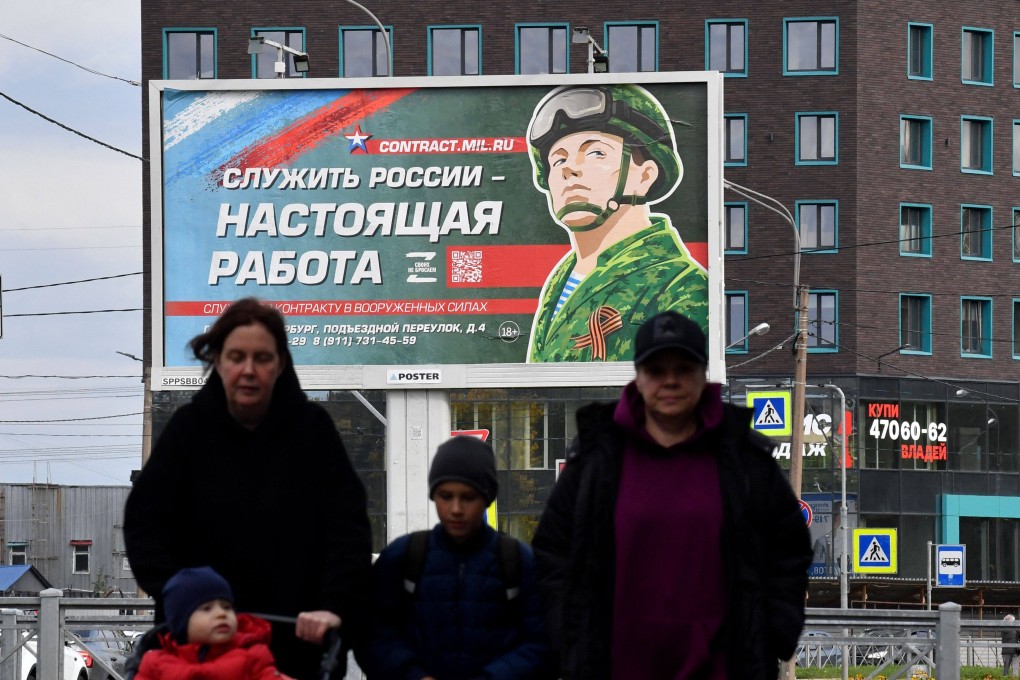China holds firm on its Ukraine stance while Putin sends more troops
- Beijing reiterates call for negotiated resolution after Russian president activates 300,000-strong military reserve
- In an address to the nation, Putin also accused the West of ‘nuclear blackmail’ and promised to use ‘all means’ to protect territorial integrity

“If there is a threat to the territorial integrity of our country, and for protecting our people, we will certainly use all the means available to us – and I’m not bluffing,” Putin said in an address to the nation on Wednesday.
He also called up the military reserves to join the Ukraine war – around 300,000 troops, according to the Russian defence minister.
When asked to comment on Putin’s remarks, Chinese foreign ministry spokesman Wang Wenbin reiterated that Beijing has been consistently clear on its position and again called for a ceasefire through negotiation and solutions that answer all parties’ security concerns.
“We always maintain that the sovereign and territorial integrity of all countries should be respected, the purposes and principles of the Charter of the United Nations should be observed, the legitimate security concerns of all countries should be taken seriously, and all efforts to resolve the crisis peacefully should be supported,” Wang said.
In his address, Putin also repeated claims that Ukraine was responsible for the shelling of the Zaporizhzhia nuclear power plant in Russian-controlled territory. Both sides have blamed the other for the attack.
